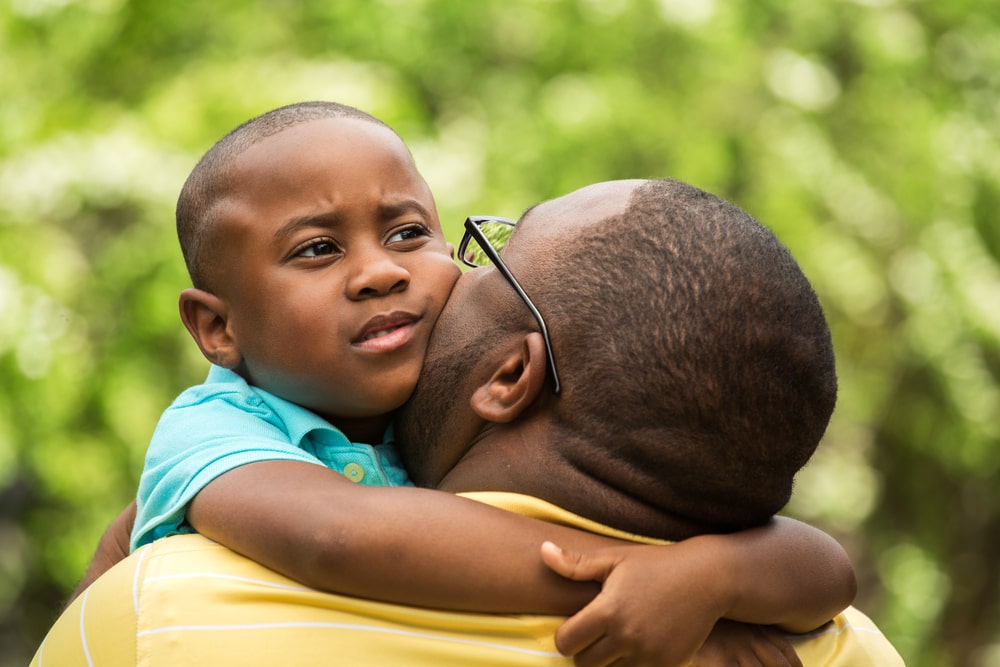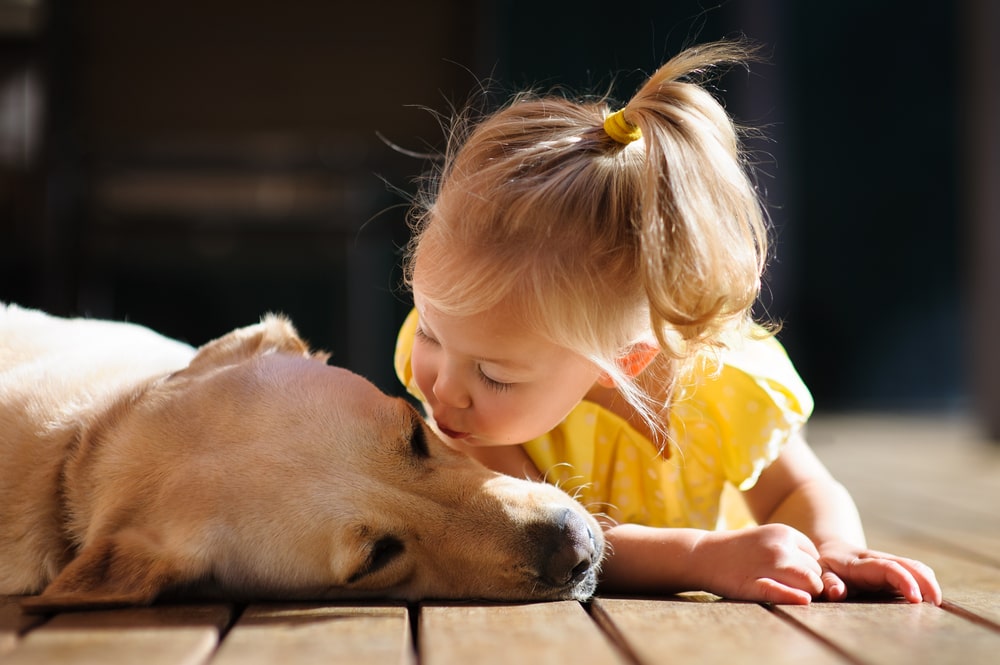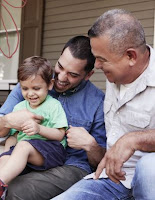Last week's blog post featured great information and a flyer from Funeral Director's Life Insurance Company answering the question "What are cash advance items in a prepaid funeral plan?" Part of this post provided a list of the types of items that one may consider adding to your prearrangement. This week's blog is going to explore in more detail, what these items are and how costs are associated with them so that the consumer has a better understanding of how important it is to add cash advance items to prepaid funeral plans.
Here are the types of items you may consider adding to your plan:
Death certificate allowance (most families end up needing 5-10 death certificates from the county).
The death certificate is the legal document signed by a physician, coroner, or medical examiner stating that you have died. This document provides valuable information to your loved ones in terms of the date and time of your passing as well as the cause and manner of your death. In many states, this document also provides vital statics information about you including your date and place of birth, address at the time of your passing, as well as your social security number. Most of the time, it will provide the name, address, and relationship of the person handling your funeral arrangements.
The death certificate is required to be presented to any business or institution where you have an open account. Such institutions include banks, utility companies (electric, water, sewer, gas, cable, telephone, etc.), and/or insurance companies (home, auto, and life) all want copies of the death certificate. Since COVID-19, many of these businesses or institutions are willing to accept Xerox, faxed, or emailed copies which helps families from needing multiple legal copies. For those who require a legal copy, oftentimes they are willing to make their own copy of the document and release the original back to your family.
Obituary and death notice fees.
Most of the time the funeral home will offer to place a death notice or obituary on the funeral home's website at no charge. What will cost extra normally would be a death notice or obituary that runs in the local newspaper. Here in Northeast Ohio, the local newspaper, The Plain Dealer, the price of a death notice begins at approximately 400.00.
Clergy honorariums.
Clergy honorariums are funds that are paid to the church for a funeral mass or to a clergy member who performs a funeral service at the funeral home or cemetery. For Catholics who are having a funeral mass, this honorarium is normally a set fee. For those of the Protestant faith, clergy will usually take a donation of whatever the family can offer, although some may still have a set fee.
Vocalist/musician honorariums.
Vocalists or musician honorariums are funds that are paid to those who may be performing during the funeral mass. Oftentimes, these charges are included in the clergy honorarium charges. These may not be included if you hire a harpist, vocalist, or other musicians to perform at the visitation or any other services.
Clothing
Clothing charges would be included in the event that you have the funeral home purchase special items of clothing for you to wear. Most of the time your family will provide the funeral home with clothing from your closet or dresser to be worn.
Police Escort.
Police escorts are used when there is a funeral procession. It is their job to assist in getting the funeral procession safely from place to place. Many times this charge is not considered a cash advance by the funeral home, especially if the funeral home provides escorting services themselves and does not hire an outside company to handle this for them.
Flowers.
Flowers are considered a cash advance item because many things can influence the final charges. The type of flowers used (roses tend to be more expensive than carnations or daisies) and the size of the floral pieces are the two biggest financial considerations.
Grave opening/closing; Cemetery burial space or cremation niche; Perpetual cemetery care
These are all charges that are associated with the cost of interment or inurnment at a cemetery. These prices are set yearly by the cemetery themselves. These costs ensure that the grave, crypt, or niche is opened and that cemetery staff is available at the time of services. Charges may also include costs for the actual grave, as well as long-term care of the spaces itself.
Monument/marker; Installation of headstone or grave marker
The charges associated with monuments and markers are paid to several people: the costs of the headstone, monument, or marker, and taxes are paid to the monument company itself. Installation fees, also known as setting fees are paid separately to the cemetery.
Crematory costs; State or cremation permits
Like charges associated with police escorts, crematory charges may not be considered a cash advance by the funeral home, especially if the funeral home provides these services themselves. Crematory costs are the fees charged for the crematory's time, handling the cremation, and the items associated with returning the cremated remains including plastic containers, cardboard boxes, etc.
Estimated Taxes
Many items that are considered merchandise items (caskets, urns, vaults, printing work, flowers) will have sales tax charges attached to them. The taxes are considered a cash advance because there is no telling when the sales tax levels may be raised by the state.
Transportation expenses for death away from home.
These are cash advances that oftentimes many forget to plan for, especially if they like to travel or consider themselves a "snowbird" and move to warm weather areas during winter months.These would include the costs of having to hire an additional funeral home or transportation company in the state where the death may take place, as well as any airline fees that may be incurred.
Reimbursement for family members travel expenses
We encourage you to speak directly with your funeral director in terms of what they consider to be reimbursement as every funeral home would consider this differently.
Catering for luncheon or reception; Outside facility rental
These are charges for any events that take place after the funeral services have been completed. Luncheons or receptions can be held at an event center, restaurants, or party centers.
Cash Advance items are important to make sure they are funded ahead of time when doing a prearrangement. Even though funeral homes will not guarantee cash advance items, any money that you set aside in the prearrangement for cash advances will help to offset any differences that your family may have to pay at the time of the funeral.























